Cuando una ciencia alcanza un desarrollo muy alto porque ha acumulado una gran cantidad de materiales empíricos, surge, según Engels, la necesidad de ordenarlos sistemáticamente con base en sus conexiones e interacciones internas, lo que se convierte en "una exigencia sencillamente imperativa e irrefutable". Este libro propone una respuesta a ese desafío aplicado a la ciencia de la información documental, lo que significa, antes que nada, que dicha ciencia ha logrado un nivel de desarrollo considerable y el siguiente paso consiste en rescatar y dar a conocer su lógica interna. La herramienta teórica que se utiliza para realizar esa tarea también es la dialéctica.
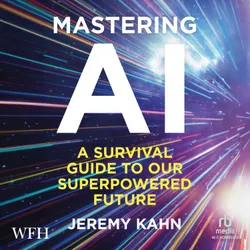
Mastering AI: A Survival Guide to our Superpowered Future : A Survival Guide to our Superpowered Future
Jeremy Kahn
audiobook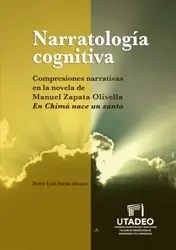
Narratología cognitiva. : Compresiones narrativas en la novela de Manuel Zapata Olivella: En Chimá nace un santo
Pedro Luis Serna Alonso
book
The Simple Life Guide To Financial Freedom: Free Yourself from the Chains of Debt and Find Fanancial Peace
Gary Collins
book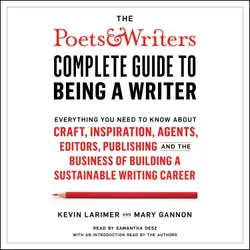
The Poets & Writers Complete Guide to Being a Writer : Everything You Need to Know About Craft, Inspiration, Agents, Editors, Publishing, and the Business of Building a Sustainable Writing Career
Kevin Larimer, Mary Gannon
audiobookbook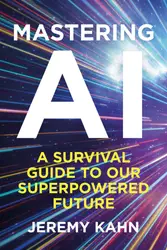
Mastering AI : A Survival Guide to our Superpowered Future
Jeremy Kahn
book
How to Raise a Viking : The Secrets of Parenting the World’s Happiest Children
audiobook
La Navidad nunca ha existido
Andreas Müller
book
Pigs at the Trough : How Corporate Greed and Political Corruption are Undermining America
Arianna Huffington
audiobook
Women, Work & the Art of Savoir Faire : Business Sense & Sensibility
Mireille Guiliano
book
The Last Abbot of Glastonbury: A Tale of the Dissolution of the Monasteries
A. D. Crake
book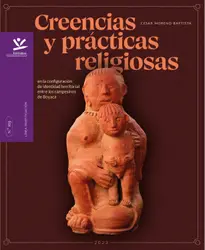
Creencias y prácticas religiosas en la configuración de identidad territorial entre los campesinos de Boyacá
César Enrique Moreno Baptista
book
A Kitchen Witch's Guide to Recipes for Love & Romance : Loving You * Attracting Love * Rekindling the Flames: A Cookbook
Dawn Aurora Hunt
book
